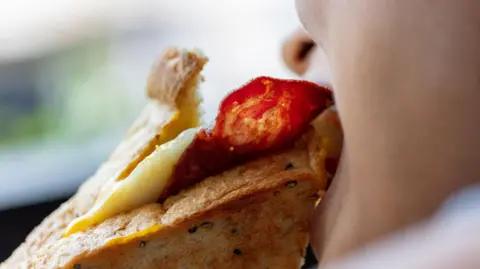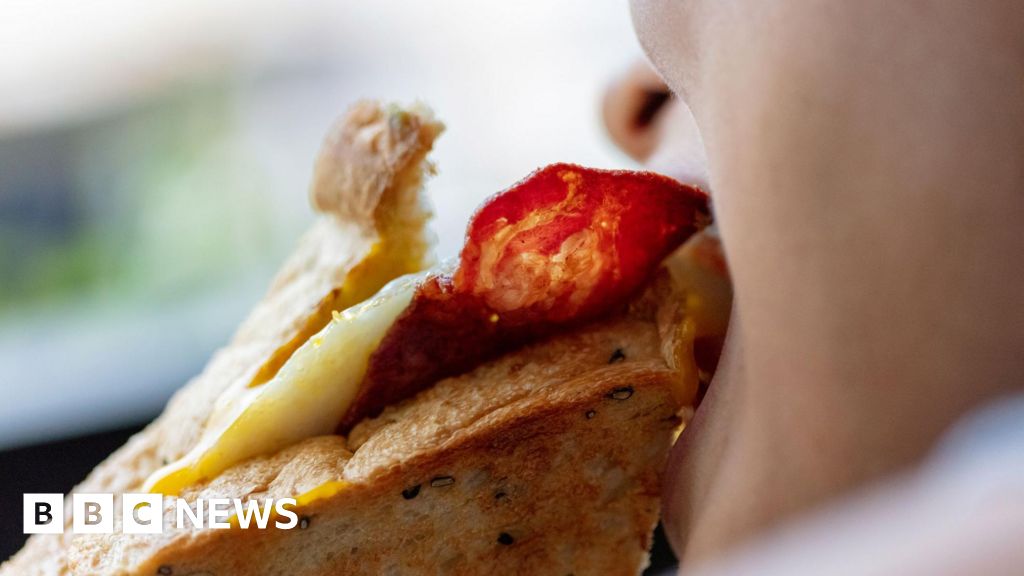Business reporter, BBC News
 Getty Images
Getty ImagesThe UK government has temporarily banned people from bringing cheese and some meats from the European Union (EU) into the country to stop the spread of foot and mouth disease.
But what does that actually mean in practice – and should you be concerned?
What has been banned?
Pork, beef, lamb, mutton, goat, venison and any other products made from these meats – such as sausages – from the EU have been banned. It also applies to pet food.
In addition, milk and dairy products – like butter, cheese and yoghurt – from the EU have also been prohibited.
It covers items such as sandwiches and cured meats as well as raw meats and milk “regardless of whether it is packed or packaged or whether it has been bought at duty free”.
However, there are exceptions such as chicken, duck, goose and any other products made from these.
Who does the ban apply to?
The measure is only directed at people arriving in Great Britain – as in, England, Wales or Scotland – from the EU.
It does not apply to Northern Ireland, which has its own measures in place to contain FMD.
The ban covers anyone travelling by any mode of transport – whether that’s by plane, train, bus or by car.
But it will not be imposed on those arriving to Great Britain from Northern Ireland, Jersey, Guernsey, or the Isle of Man.
Are commercially imported cheeses and meats banned too?
The ban only applies to travellers bringing in items personally – not commercial importers such as farmers or shops.
The reason, according to the UK government, is that commercial meat and cheese imports face higher standards than individuals are subjected to.
They must go through heat treatment, which is meant to kill germs, and come with health certificates signed by vets.
Should I be worried?
Foot and mouth disease is harmless to humans and there are no cases in the UK – but it is highly contagious for animals.
It affects cattle, sheep, pigs and, according to the government, “other cloven-hoofed animals such as wild boar, deer, llamas and alpacas”.
Animals that catch it typically come down with a high temperature before developing blisters, usually around the mouth or feet. It can make animals lame and, for the very young, result in fatalities.
It is spread between animals through direct contact. But they can also catch foot and mouth disease by eating contaminated meat or dairy products.
How long will the ban last?
The Department for Environment, Food, and Rural Affairs introduced the measure on Saturday, 12 April and did not give an end date.
The BBC understands the ban will stay in place until the government believes there is no significant risk from travellers bringing banned meat and dairy into Great Britain.
Why didn’t I know about this?
The government put out release last Friday ahead of the ban coming into force on Saturday.
It told border control and airlines to make passengers aware of the rules and has rolled out a digital and social media campaign.
However, many people who have travelled from the EU to Great Britain since the weekend told the BBC they were unaware of the measure and were not told – with no signs in the airport.
Anyone travelling should follow the rules.
The government says items could be seized and destroyed at the border and, in serious cases, offenders could be fined up to £5,000 in England.


